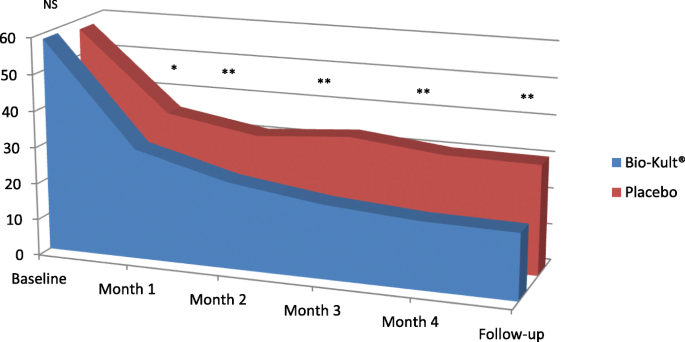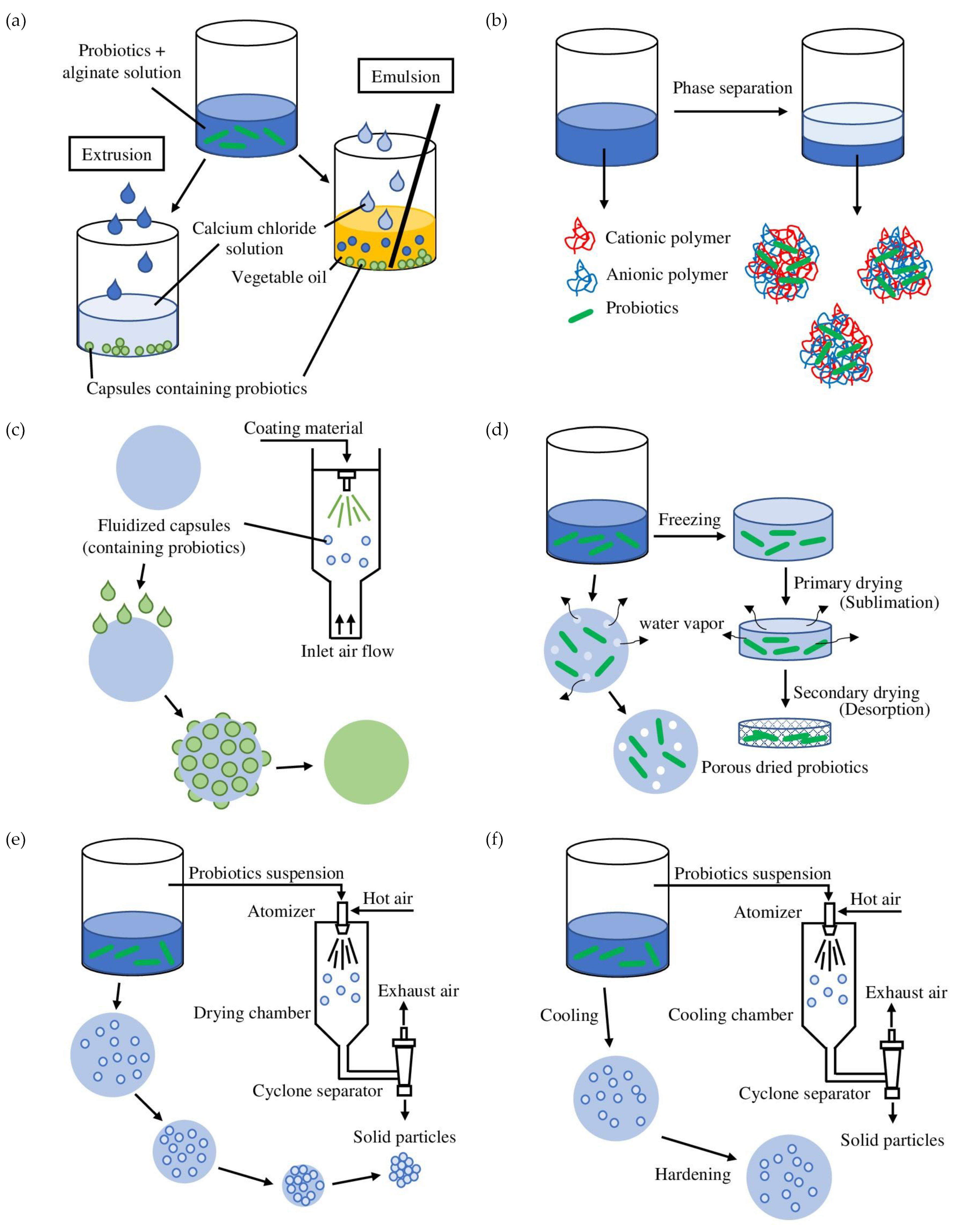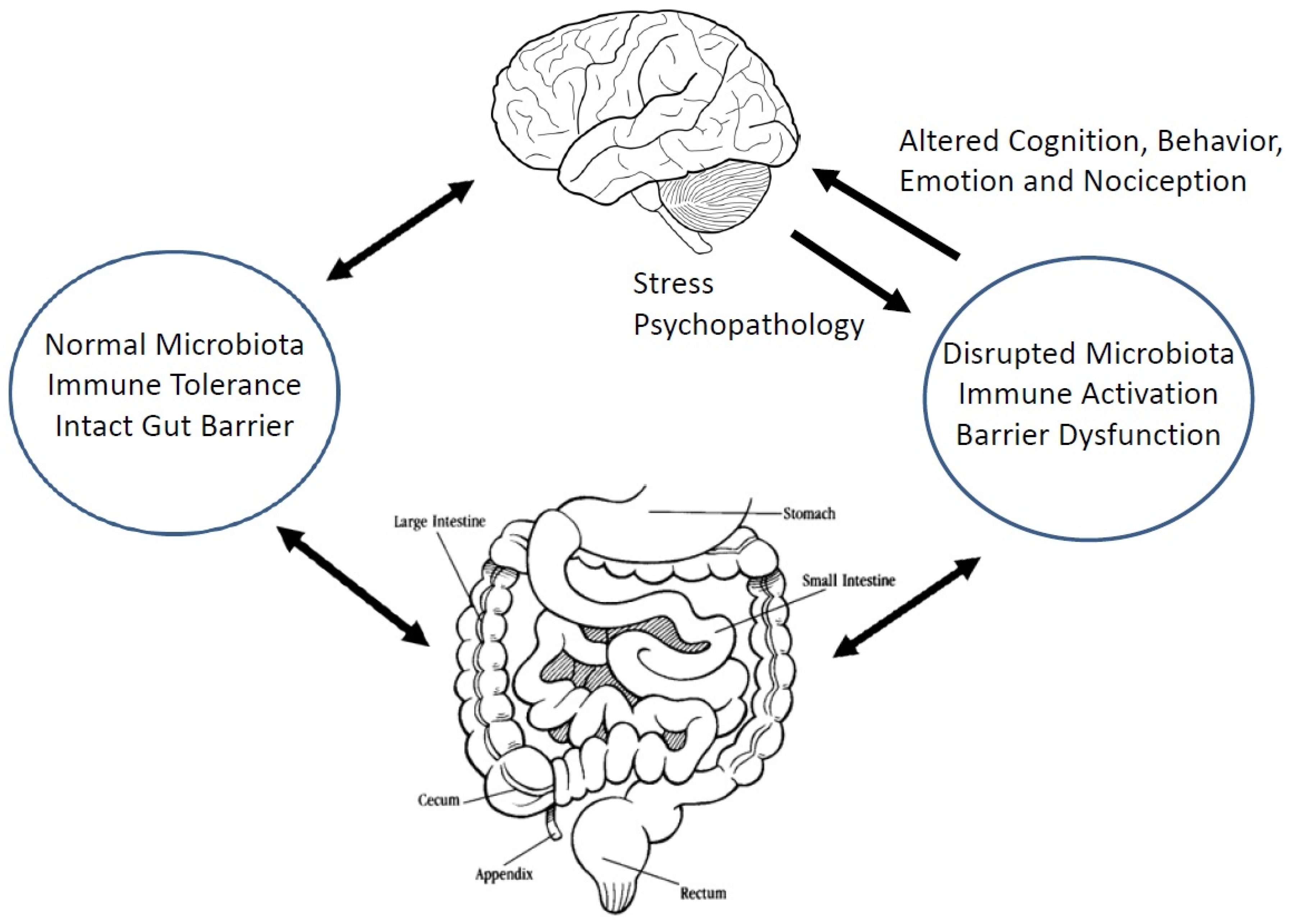Understanding Gut Health and Probiotics
Understanding Gut Health and Probiotics
Gut health has become a crucial topic in discussions surrounding overall wellness. The gut serves as a complex ecosystem, home to trillions of microorganisms collectively referred to as the gut microbiome. This microbiome plays a significant role in various bodily functions, including digestion, nutrient absorption, and immune regulation. A balanced gut microbiome is essential for metabolic processes and contributes to a robust immune response. Recent studies have also demonstrated the gut's influence on mental health, underscoring its substantial connection to mood and cognitive function. Probiotics, the live microorganisms that confer health benefits when taken in adequate amounts, have gained recognition for their potential to enhance gut health, particularly specific strains such as Lactobacillus and Bifidobacterium, which are noted for their therapeutic properties against gastrointestinal disorders like Irritable Bowel Syndrome (IBS) and Inflammatory Bowel Disease (IBD).
Understanding how to maintain and improve gut health through diet, lifestyle, and supplementation with probiotics is essential. This guide aims to explore the latest scientific findings regarding probiotics, their efficacy, regulatory frameworks, and their impact on mental health and the gut microbiome.
Gut microbiota functions in health and wellness (Source: Gut Microbiota For Health)
The Power of Probiotics and Their Efficacy
Probiotics, notably specific strains of Lactobacillus and Bifidobacterium, have been the focus of significant research concerning their efficacy in treating gut disorders such as IBS and IBD. For instance, Lactobacillus acidophilus NCFM has demonstrated substantial effectiveness in reducing abdominal pain among IBS patients, with studies showing it significantly lessened pain severity compared to placebo. Similarly, Bifidobacterium infantis 35624 has proven beneficial in alleviating IBS symptoms, as evidenced by a controlled trial indicating that 62% of participants reported symptom improvement, versus 26% in the placebo group.
In terms of IBD, VSL#3, a multi-strain probiotic containing various Lactobacillus and Bifidobacterium species, has been shown to be effective in maintaining remission in cases of ulcerative colitis. Meta-analyses have corroborated its role in reducing relapse rates. Although the evidence for probiotics in IBD is less robust compared to IBS, studies examining strains like Lactobacillus rhamnosus GG reveal potential benefits, albeit with mixed results.

Graphs illustrating the efficacy of probiotic strains in treating IBS and IBD (Source: Springer Nature)
Regulatory Frameworks Surrounding Probiotics
The regulation of probiotics varies significantly across different regions, particularly between North America, Europe, and Asia-Pacific. In the United States, probiotics may be classified as food, dietary supplements, or drugs based on their intended use. The regulatory landscape is generally more lenient regarding health claims compared to the European Union, where stringent rules govern health claims on products. Notably, the European Food Safety Authority (EFSA) prohibits the term "probiotic" on labels, classifying it as a health claim in itself.
In Canada, probiotics are categorized as Natural Health Products (NHPs), requiring a thorough evaluation process before any health claims can be made. Meanwhile, the Asia-Pacific region encompasses a diverse array of regulations; in Japan, for instance, the regulations are more well-defined compared to other countries in the region. These discrepancies pose challenges for global manufacturers in ensuring compliance and developing effective marketing strategies.

Regulatory guidelines for probiotics worldwide (Source: ResearchGate)
Implications for Probiotic Labeling
The variations in probiotic regulations carry substantial implications for product labeling and marketing strategies. In the European Union, the prohibition of the term "probiotic" restricts companies from effectively conveying health benefits in their marketing materials. Conversely, companies in the United States enjoy greater flexibility in making structure/function claims related to their probiotic products, since they are subject to less stringent regulations.
In Canada, while the range of claims for NHPs is broad, products must receive regulatory approval before they can be marketed. Additionally, in the Asia-Pacific region, countries such as Thailand require specific strain designations and viable cell counts to be included on labels.
These regulatory discrepancies can lead to consumer confusion and complicate marketing strategies for probiotic manufacturers, necessitating tailored labeling to meet various regulatory standards.

Comparison of probiotic product labels from different regions (Source: MDPI)
Innovations in Probiotic Delivery Systems
Technological advancements are enhancing the stability and delivery of probiotics in food and supplements. Microencapsulation has emerged as a prominent solution for protecting probiotics from harsh environmental conditions, resulting in significantly improved survival rates. Various techniques, such as extrusion, emulsion, and freeze-drying, contribute to enhancing the viability of these beneficial microorganisms.
Innovations encompassing nanoencapsulation and 3D printing are also being explored to create customized probiotic delivery systems. Nanoencapsulation enables the creation of smaller protective capsules, thereby improving stability, while 3D printing facilitates the design of tailored formulations. These innovations are essential for improving both the efficacy and consumer acceptance of probiotic products in the market.

Diagram illustrating microencapsulation technology for probiotics (Source: MDPI)
Benefits of Probiotics for Shelf Life and Stability
Microencapsulation technology provides considerable advantages concerning shelf life and efficacy for probiotics. Research indicates that microencapsulated probiotics demonstrate markedly higher survival rates compared to uncoated forms. Studies have shown that microencapsulation increases the number of viable probiotic cells reaching the gut, thereby enhancing the overall effectiveness of the product.
Furthermore, microencapsulated probiotics exhibit improved stability during storage, allowing for extended shelf life without compromising quality. This technological enhancement aligns with consumer demands for products that offer convenience and health benefits.

Comparison of microencapsulated probiotics' shelf life versus traditional forms (Source: MDPI)
Specific Examples of Probiotic Technologies
Several commercial products employ microencapsulation technologies to enhance probiotic delivery. Noteworthy examples encompass probiotic yogurts and dietary supplements that highlight their usage of such advanced delivery systems on their labels. These products not only promote consumer compliance but also ensure that probiotics are effectively delivered to their target sites within the gastrointestinal tract.
The integration of microencapsulation technology into mainstream probiotic offerings underscores a broad acknowledgment of the significance of stability and efficacy in achieving desired health outcomes. This trend is anticipated to continue, driven by ongoing research and innovation in developing more effective probiotic formulations.

Commercial products utilizing microencapsulation for probiotics (Source: MDPI)
Mental Health and the Gut-Brain Connection
There is growing recognition of the relationship between gut health and mental well-being, emphasizing the importance of the gut-brain axis. Probiotics are believed to influence mental health by modulating this connection, with specific strains impacting neurotransmitter production and regulating the hypothalamic-pituitary-adrenal (HPA) axis. Strains like Lactobacillus casei have shown effectiveness in alleviating symptoms of depression and anxiety.
Research indicates that probiotics can alter gut microbiota balance, potentially leading to improvements in mood and cognitive function. This flow of communication between the gut and the brain highlights the critical nature of maintaining gut health, suggesting that probiotics could serve as a viable therapeutic option for various mental health conditions.

Diagram illustrating the Gut-Brain Axis (Source: MDPI)
The Impact of Probiotics on Mental Health
Studies focused on the relationship between probiotics and mental health have produced compelling findings, demonstrating that certain strains can yield significant improvements in mental health outcomes. Meta-analyses have revealed that probiotic supplementation can significantly reduce depression scores compared to placebo.
Additionally, emerging studies are delving into the mechanisms through which probiotics exert their positive effects, such as the modulation of cortisol levels and the enhancement of serotonin production. This expanding body of evidence highlights the potential role of probiotics as adjunctive therapies for various mental health disorders.

Covers of peer-reviewed studies linking probiotics with mental health improvements (Source: MDPI)
Long-Term Probiotic Effects on Gut Microbiome
Longitudinal studies that investigate the influence of probiotic supplementation on gut microbiome highlight important insights. While short-term use of probiotics can induce noticeable changes in gut composition, the long-term effects are often less pronounced. Some studies indicate that probiotic supplementation did not result in significant alterations in gut microbiota among individuals with major depressive disorder, despite observed improvements in symptoms.
Conversely, animal studies have shown that long-term exposure to probiotic formulations can lead to positive changes in microbial diversity and overall gut health. The contrasting responses of human and animal models emphasize the complexity associated with probiotic efficacy and highlight the necessity for further research to comprehensively understand long-term impacts.

Data from longitudinal studies on probiotic effects (Source: MDPI)
The Future of Probiotics in Health and Wellness
Looking ahead, there are promising possibilities for the future of probiotics, particularly with advancements in personalized therapies and genetically modified strains. Ongoing research focused on identifying specific mechanisms of action and optimal dosage for probiotics is expected to yield tailored and effective treatments. The prospect of creating probiotics targeting specific mental health issues or gastrointestinal conditions has the potential to significantly transform clinical practices.
In conclusion, while current evidence supporting the benefits of probiotics continues to broaden, further research is vital for refining applications and enhancing consumer understanding of their contributions to health.

Graphic illustrating advancements in probiotics (Source: Cell)
In summary, gut health represents a multifaceted area enriched by the science surrounding probiotics. These organisms are crucial not only for digestive health but also for broader aspects of well-being, including mental health. As research progresses, understanding how probiotics can be effectively utilized for health promotion and disease prevention will be essential components of future health care strategies.



Comments
Post a Comment